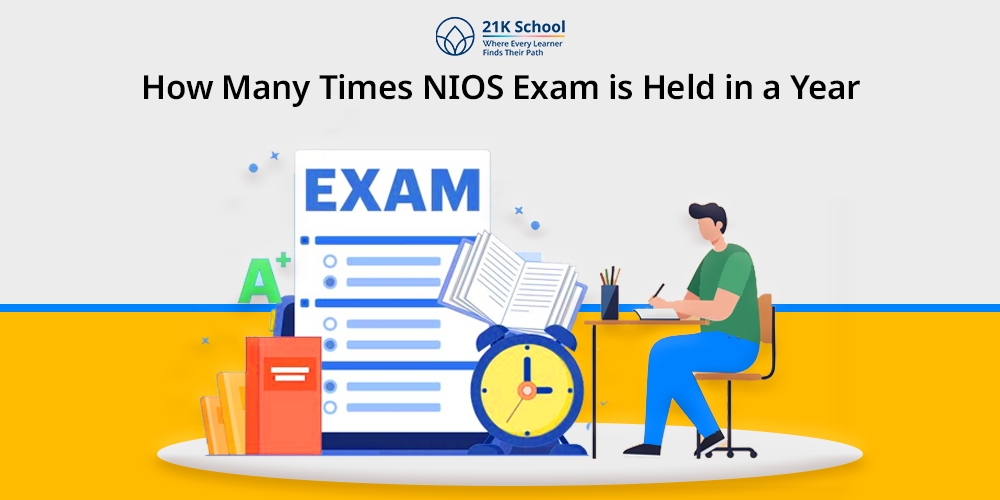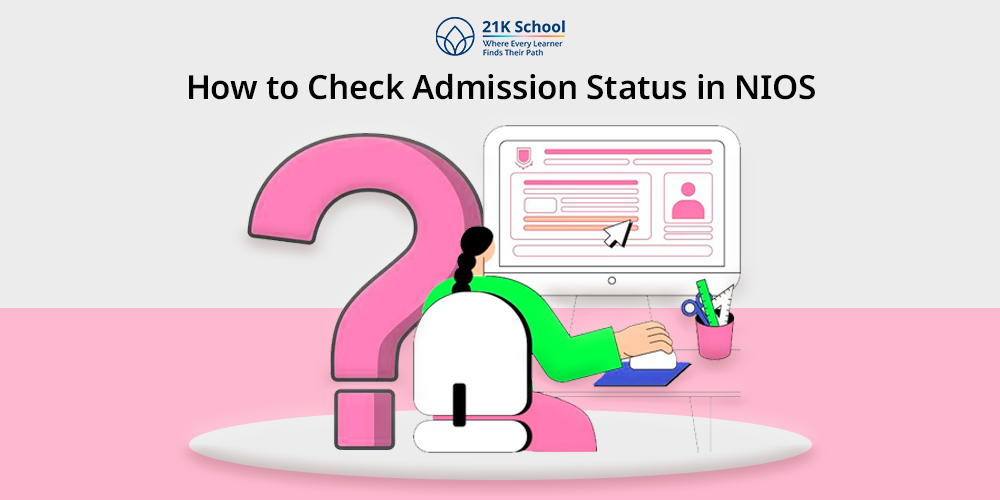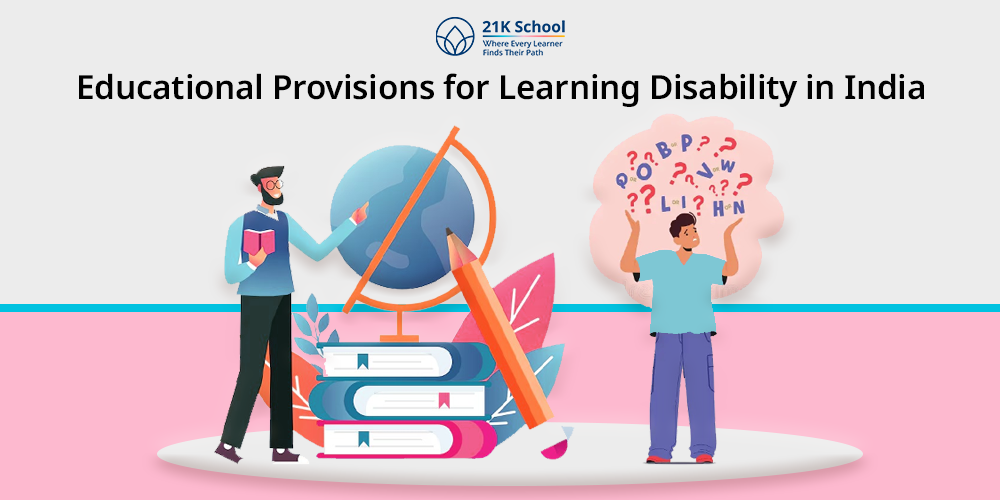
Ever wondered, what is that one thing that stays with you forever?
It’s learning– education !
And we call it lifelong learning.
Lifelong learning is a continuous process of learning, voluntarily taken with a motivation to pursue personal and professional development. It’s about self motivation and the willingness to learn and grow.
Unlike the traditional and formal education it is not confined to schools, colleges and universities, lifelong learning ecompasses a broader concept of learning like : skill development, hobbies, personal interest and looking for advancement in career.
It’s not about sticking to the curriculum rather it talks more about individuals commitment to growth and adaptability with time and pace.
Table of Contents
Why Lifelong Learning is Important
In a world where interconnectedness is the building block of life, the ability to learn, unlearn and relearn has become more critical than ever with all these technological advancement, globalisation and societal changes every individual needs to be up to date and flexible to survive.
Lifelong learning is about personal enrichment and career adaptability, which comes naturally to a person and he/she makes independent decisions to grow.
There are multiple reasons why lifelong learning is important:
1. Adapting to Change
Technological advancement around the world has compelled everyone around the world to continuously work for skill enhancement.
Lifelong learning helps individuals to keep a track of their advancements and maintain the pace, making them more competent and relevant than yesterday and less than tomorrow.
2. Fostering Personal Growth
Lifelong learning inhabits curiosity, creativity and emotional intelligence in minds for life. Learning has always been beyond formal education, which is essential for personal growth and well-being.
3. Enhancing Career Opportunities:
The world is very competitive and the job market requires continuous effort. With technological and such swift advancements it’s really very difficult to keep up with pace, if not habituated.
On the bright side, this advancement and lifelong learning together
equips professionals with the skills and knowledge to explore diverse career paths, improve job performance, and secure leadership roles — a clear win situation.
4. Building Resilience
One who learns, grows. Lifelong learners are believed to be better at real life challenges and are better equipped with problem solving skills and ability to adapt incase of unforeseen situations or circumstances.
These situations contribute to building a mindset that is resilient and confident.
Examples of Lifelong Learning
Lifelong learning promotes and manifests a diverse form of learning that caters to a wide audience each with different sets of interests, goals and circumstances they belong to.
There are certainly many examples of lifelong learning:
- Formal Education and Certifications: apart from the regular schooling and college study, Professionals may pursue additional degrees, certifications, or online courses that will contribute to their expertise and help them see a shift in new fields.
Another thing lifelong learning contributes to is :
- Skill Development: with time when one is seeking advancement in life, the most approachable thing to do is learning new skills. The most valuable skill to be acquired can range from languages, coding to digital marketing, or even to graphic design.
These skills can even be based on,
- Hobbies and Creative Pursuits: when learning new skills why not do things that you like, mainly for personal satisfaction and then look for opportunities how they can contribute to professional enhancement. Most skills foster mental stimulation like: painting, music, gardening, cooking or photography.
These skills can be developed by,
- Professional Training and Development: in order to stay updated in industry with trends, it is important to attend professional workshops, webinars and seminars.
As with all these experiences one learns and develops a habit of enriching minds with such experiences, over and over again.
- Learning from Experiences: When we travel, volunteer or start networking, we experience things on our own rather than being taught by someone else. These activities provide insights and cultural understanding, broadening one’s perspective.
What Drives Lifelong Learning and Adaptability?
Lifelong learning is about adapting to situation and try to be best in all facets of life, there are many factors that fuel the need for lifelong learning:
- Technological Advancements: the introduction of AI (artificial intelligence), automation and digital tools requires new competencies and inorder to stay relevant and be employed one must adapt to the situation and learn with time.
- Globalization: The evolving networking demands cross-cultural communication skills, multilingualism, and the ability to work in diverse environments .
- Evolving Job Market: with globalisation in trend, no market remains away from trends for a very long time, Careers are no longer linear, and the gig economy has introduced the necessity for adaptability and continuous skill enhancement at all times.
- Intrinsic Motivation: a person’s desire to always be better than others and stay being the talk of the town provokes a person’s desire to explore, improve, and achieve. Undoubtedly this is a primary driving force behind lifelong learning. And that is the reason why this is stated as a voluntary and self motivated concept.
- Societal Expectations: what grows with time and experience is the expectations of society towards the person, they value informed and skilled citizens and to seek societal validation, which ultimately motivates the person to his/her own development. i.e contributing to communal progress and innovation, directly or indirectly.
Lifelong Learning: Benefits vs. Challenges
| Aspect | Benefits | Challenges |
| Cognitive Boost | Learning keeps your brain sharp! It enhances memory, critical thinking, and problem-solving skills. | But let’s face it—balancing learning with daily life can feel like a mental juggling act. |
| Career Growth | Stay ahead in your field! New skills and trends mean better job opportunities and career flexibility. | However, those certifications and courses? They often come with hefty price tags. |
| Social Connections | Learning introduces you to communities and new relationships—sharing ideas is the ultimate icebreaker! | Finding the right communities or resources can be tricky, especially with limited access. |
| Emotional Well-being | Mastering a new skill? Instant confidence boost! Plus, it’s incredibly satisfying. | But staying motivated? It’s tough when the rewards aren’t immediate or tangible. |
| Creativity & Innovation | Exposure to fresh ideas can spark your creativity and lead to innovative breakthroughs. | Unfortunately, the sheer amount of information today can overwhelm and make it hard to prioritize. |
How to Promote Lifelong Learning in the Classroom
Lifelong learning is not an usual educational approach, here the learner’s motivation and willingness to learn and grow plays a crucial role, also educators play a very important role in cultivating this culture in the minds of young learners.
Here’s detailed information on ways to promote lifelong learning. But, some of the effective strategies to implement lifelong learning in the classrooms include:
- Encourage Curiosity and Critical Thinking: It is suggested for educators to design activities that spark curiosity and problem-solving skills among students to help them with a habit of raising query. With inquiry students tend to learn more and observe much more than what is there in the textbook. .
- Incorporate Technology: It’s high time to understand that when educating someone, it is important to keep them engaged and consumed with the knowledge itself. Providing learners with available resources and familiarising them with the use of digital tools and online resources can be used beyond formal education by them to learn and know more.
- Promote Collaborative Learning: Groups projects and discussion always help in raising query and sparking the willingness of students to know and learn more. When students interact on personal level, they tend to develop a sense of community and this fosters peer-to-peer learning.
- Provide Real-World Applications: Though teachers are restricted to follow a curriculum, they can include some lessons that relate to real-life situations or explain the real life implication of concepts for students to understand the relevance of learning and skills.
- Foster a Growth Mindset: When students interact and engage in class they become more confident with time and gives them a differentiated view of acknowledging opportunities and even consider challenges as opportunities to shine through, growing the instills of resilience and adaptability.
- Support Self-directed Learning: Students learn more from experience and when in a collaborative environment students take charge of their learning experiences as they do their own independent work, research and exploration. Thai journey makes them more accountable and independent.
Conclusion
It’s not an aspiration, but lifelong learning is a necessity in today’s world. The world is very dynamic and unpredictable, one needs to be updated in every facet of life.
When lifelong learning becomes an integral part of someone’s life, the person then is empowered to navigate complexities, embrace opportunities, and contribute meaningfully to society.
No matter how difficult it looks, the reward in the lifelong learning process is immense — personal enrichment, professional development, success and societal progress and recognition, it doesn’t even end here.
With lifelong learning we can create a resilient and informed global community that is equipped to face the uncertainties of the future, and deal with all the problems with utmost confidence and calmness.



